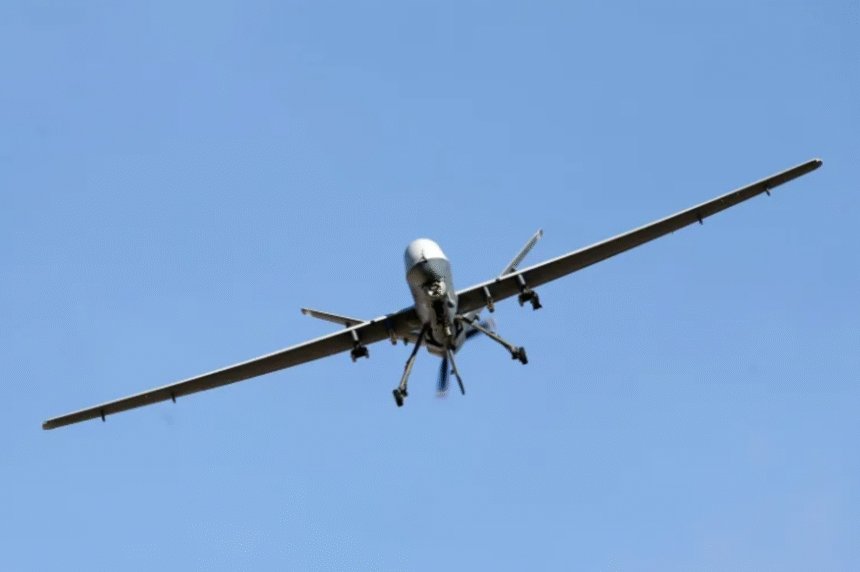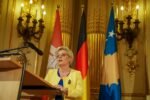A wave of Russian airspace violations over NATO last month has prompted some allies to recall Turkey’s rapid and deadly response a decade ago, when it shot down a Russian fighter jet that had crossed its southern border.
Lithuanian Defense Minister Dovile Sakaliene said in a post on X that Turkey “set an example 10 years ago” for NATO, while calling for stronger action against today’s Russian “tests.”
However, in 2015, Turkey felt exposed due to what it saw as NATO’s weak response and the economic repercussions of shooting down the Russian jet. This ultimately pushed Ankara—ironically—to seek closer ties with Moscow, a relationship that has continued even amid Russia’s war in Ukraine.
On November 24, 2015, a Turkish F-16 shot down a Russian Su-24 near the Syrian border. Dramatic footage showed the aircraft in flames crashing into a wooded ridge, marking the first military engagement of this kind between a NATO member and Moscow since the alliance was founded in 1949.
Turkey, which has NATO’s second-largest army, stated that it had issued repeated warnings before engaging under established rules of engagement. Moscow denied any violation, froze relations, and imposed trade and tourism restrictions on Ankara.
Within hours, NATO convened an emergency meeting, expressing solidarity over Turkey’s territorial integrity while urging calm. Subsequent measures, including surveillance and early warning flights, were designed to reduce tensions rather than provoke confrontation. Nevertheless, officials noted that Turkey still felt vulnerable to Russia, its neighbor across the Black Sea, with which it was already involved in a proxy conflict in Syria—where Moscow supported then-President Bashar al-Assad and Ankara backed the rebels.
Turkey’s economy suffered severely from Russian trade restrictions, leading Ankara to issue what Moscow called an apology. Initially, Turkey turned to NATO allies to strengthen its defense but opted not to purchase U.S. Patriot missiles due to cost. Later—prompted by a failed coup in 2016 and a rapprochement with Moscow—it purchased Russian S-400 systems, resulting in U.S. sanctions and Turkey’s removal from the F-35 fighter program, consequences that continue to strain U.S.-Turkey relations. President Recep Tayyip Erdoğan has cultivated close relations with Russian President Vladimir Putin, refusing to join Western sanctions against Moscow while hosting negotiations between Russian and Ukrainian delegations, although peace remains distant.
Now in its fourth year, the war in Ukraine has transformed Europe’s security landscape and, in recent months, has threatened to spill over into NATO member states in Eastern Europe. Poland shot down drones on September 10 over its territory after what Prime Minister Donald Tusk described as a “large-scale provocation” by Russia. Estonia reported that three Russian military aircraft violated its airspace for 12 minutes on September 19.







